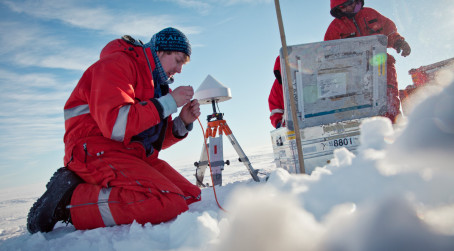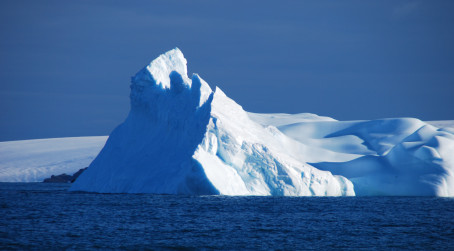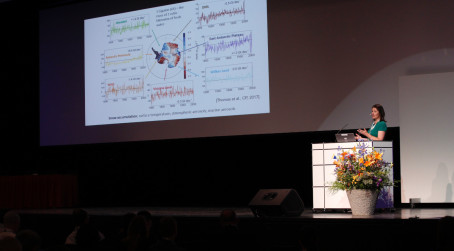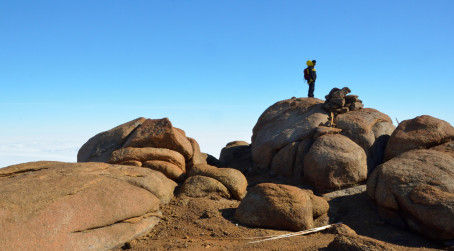The Scientific Committee on Antarctic Research (SCAR) is a thematic organisation of the International Science Council (ISC), and was created in 1958. SCAR is charged with initiating, developing and coordinating high quality international scientific research in the Antarctic region (including the Southern Ocean), and on the role of the Antarctic region in the Earth system. SCAR provides objective and independent scientific advice to the Antarctic Treaty Consultative Meetings and other organizations such as the UNFCCC and IPCC on issues of science and conservation affecting the management of Antarctica and the Southern Ocean and on the role of the Antarctic region in the Earth system.
Welcome to the scientific Committee on antarctic research
Initiating, developing and coordinating high quality international scientific research in the Antarctic region
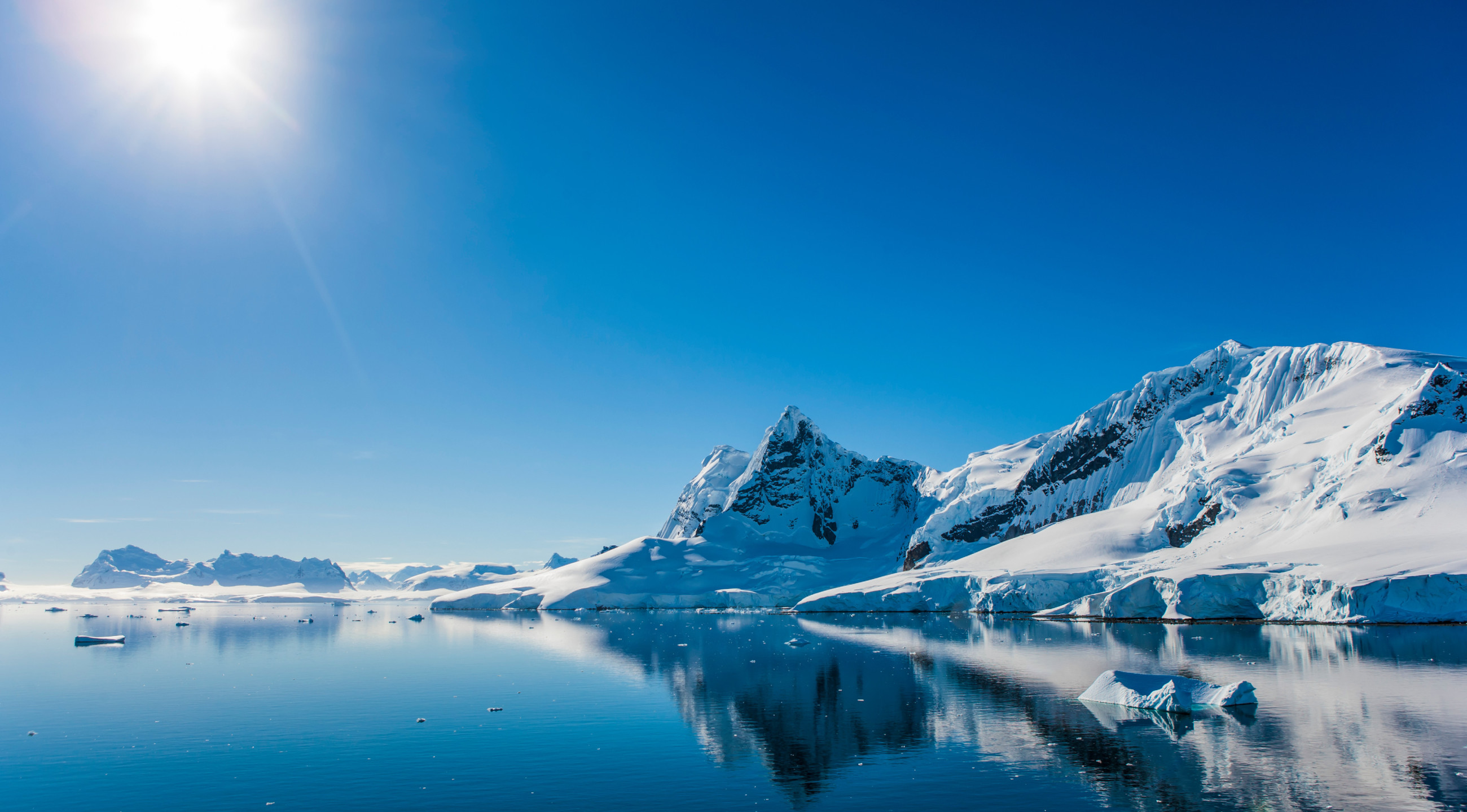

What we do
How we work
SCAR encourages excellence in all aspects of Antarctic research by developing transformational scientific programmes that address compelling topics and emerging frontiers in Antarctic science of regional and global importance. SCAR currently has over 30 groups addressing various aspects of Antarctic research.
Latest news
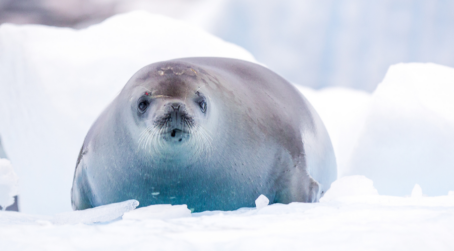
Geosciences|Physical Sciences|SCAR News|
2023 Science Group Fellows Announced
…
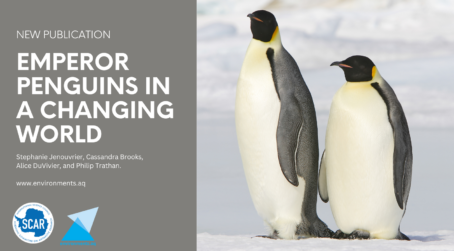
SCAR News|
New Antarctic Environments Portal publication on emperor penguins in a changing world
…
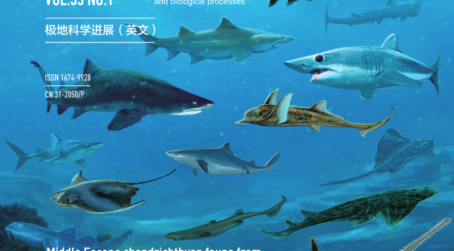
Community News|
Special Issue of Advances in Polar Sciences (APS) – Now Available Online
…

AntClimNow|
Apply for the AntClimNow 2024 Dataset Development and Stewardship Scheme
…
SCAR Open Science Conference
Join us at the 11th SCAR Open Science Conference in Pucón, Chile, from 19-23 August 2024.
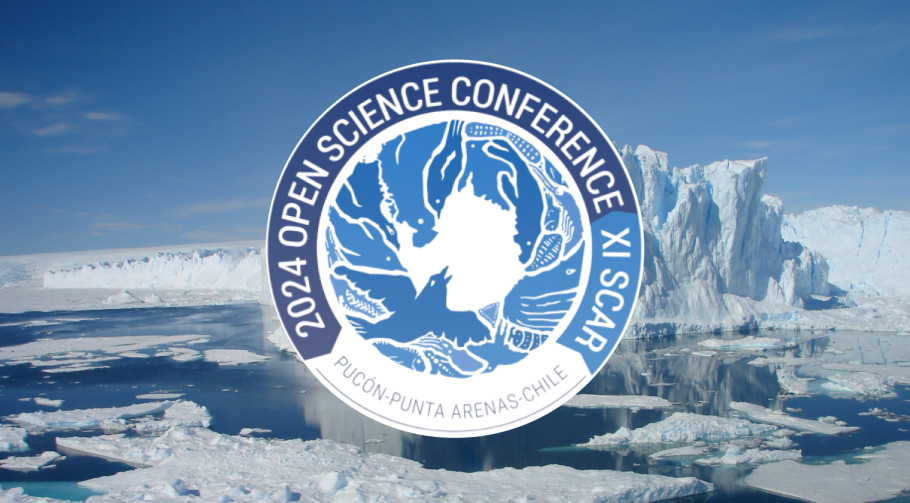
Support Us
Interested in contributing to SCAR?

